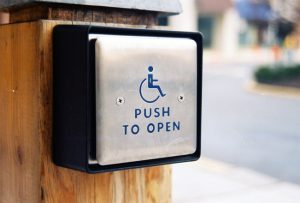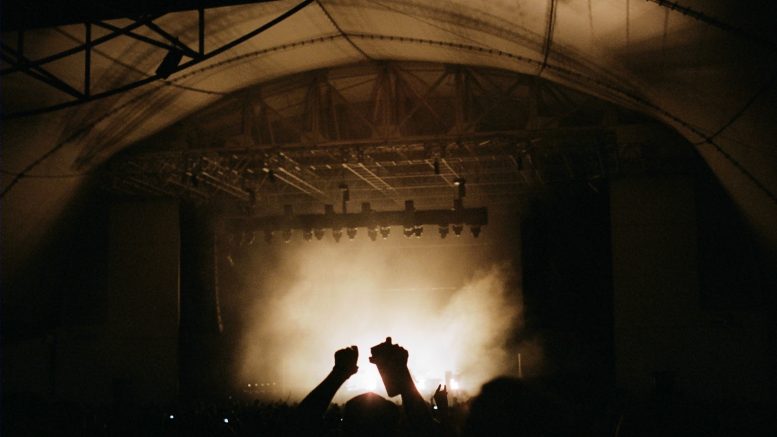People with disabilities often stay home in the weekends because they struggle to get into clubs.
Reporter: Maria Llamas | Sub-Editor: Shingirai Mupfupi
For people with disabilities, it is a huge challenge to go out on weekends. Apart from having to face discrimination, assumptions caused by lack of information and problems of communication; they also have to deal with physical barriers.
Sometimes, trying to go out with their friends is a terrible experience. George, 23, a wheelchair user told Voice of London: “It starts with finding a place which has accessibility, if the venue is ‘inclusive’, whether the toilets are accessible or even travelling there”.
Umesh Raichada, the development officer at the Harrow Association of Disabled people, believes that the biggest problems that people with disabilities find are integration, accessibility, and communication.

Source: Freepik
Matthew, 27, wheelchair user explained to VoL: “I have to prepare my night beforehand, if possible with a few days. So forget about those nights where you don’t know where are you going to end up”.
People with disabilities have to call the nightclub to know if they have step free access or a lift, where are the toilets or what to do in case of an emergency. “Mostly every nightclub will tell you that disabled people go out first if there’s an emergency”, Matthew remarks.
Some nightclubs in London are aware of this situation. Jett Glozier, operations director at ‘Oval Space’ (East London), told to VoL: “I think improvements are still needed. Operators need better education on the issues that other may face and what simple adjustments they might be able to make to their venue or event. Not all of these are expensive but it could make a big difference to some and mean better access to nightlife”.
“Inclusion of all people from different backgrounds is one of the things
that keeps nightlife so vibrant.”
Oval Space has had many accessibility challenges due to the venue being on the first floor of a converted warehouse. They are in the middle of a process of upgrading their lift, as well as making a ramp available to access the terrace. Their latest venue The Pickle Factory, which is located on the ground floor, is having fewer issues regarding accessibility.
“Inclusion of all people from different backgrounds is one of the things that keeps night
life so vibrant. It’s important for people to understand disabilities are not limited to those who may not be able to walk, but that those with any form of disability should be free to enjoy nightlife”, Jett Glozier told VoL.
But H.A.D. believes that they do have a better understanding of disabled people that’s why the support ‘Changes nightclub’ in Harrow. Umesh Raichada said to VoL: “We have the knowledge and expertise to understand and help each of them far better than a regular club will do”.
Changes nightclub is Harrow’s first integrated nightclub for people with learning disabilities and their friends.
“For example, we have a client that when he gets excited, and he tries to head-bb the speaker but he never does because he’s used to doing this. We understand this is his way of communication when he’s happy. Now, if he did that in a normal club… People will start laughing, he will probably get banned; the security will have chucked him out by them”, Raichada explained.

